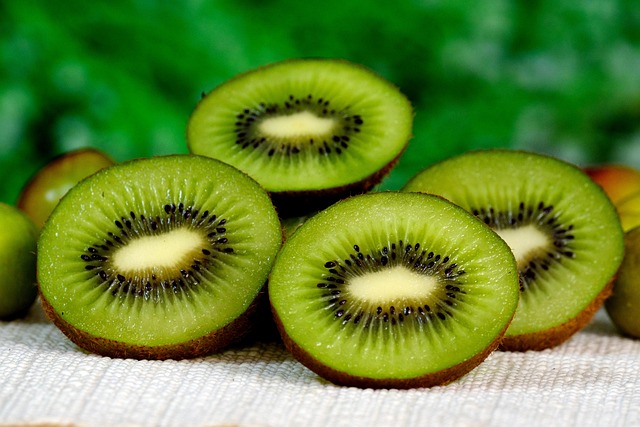Do you often struggle with irregular bowel movements or difficulty passing stool? A new set of dietary guidelines may have a simple, natural solution to help ease your symptoms — and it starts with adding kiwis to your daily routine.
According to newly published recommendations from the Journal of Human Nutrition and Dietetics and Neurogastroenterology & Motility (October 13), kiwifruit, rye bread, prunes, and high-mineral-content water can significantly improve symptoms of chronic constipation.
Understanding Chronic Constipation
Chronic constipation affects nearly one in six people worldwide, and in the United States, between 9% and 20% of adults experience chronic idiopathic constipation — meaning no known cause can be identified. Common symptoms include infrequent bowel movements (fewer than three times per week), hard or lumpy stool, and straining or pain while passing stool.
Lead researcher Dr. Eirini Dimidi from King’s College London explained that the new guidelines bridge the gap between research and practical clinical advice. By incorporating specific foods and drinks — such as kiwifruit, prunes, rye bread, and mineral water — patients and clinicians can now follow more evidence-based dietary strategies to manage constipation naturally.
Unlike earlier general advice to “just eat more fiber,” these updated recommendations focus on specific, clinically supported foods proven to benefit gut health. However, they apply primarily to healthy adults and should be used cautiously for children, pregnant individuals, or those with underlying medical conditions.
How Kiwis Help Your Gut Work Better
Constipation can often result from low fiber intake, dehydration, stress, or lack of physical activity. That’s why doctors typically start treatment with dietary and lifestyle changes.
Dr. Dimidi and her team recommend eating two to three kiwifruits daily to improve bowel regularity. Unlike prunes — which may require gradual consumption due to their laxative effect — kiwifruit is mild, well-tolerated, and easy to add to your meals.
According to Dr. William Chey, Professor of Gastroenterology at the University of Michigan, kiwis work by increasing stool bulk and water content, improving digestion, and promoting smoother movement of food and waste through the intestines. They also have natural prebiotic properties, supporting a healthier gut environment and reducing inflammation.
Kiwis are soft, tasty, and can be eaten with their skin for added fiber, said Dr. Cuckoo Choudhary of Thomas Jefferson University Hospital. However, it’s best to avoid heating them — high temperatures destroy essential enzymes that aid digestion.
Don’t Like Kiwis? Try These Alternatives
If kiwis aren’t your favorite fruit, several other foods can help ease constipation naturally.
Options include prunes, flaxseeds, rye bread, oranges, yogurt, oatmeal, and beans. Yogurt mixed with a spoonful of crushed flaxseeds offers probiotics and fiber for better gut movement.
For those preferring supplements, psyllium husk is a popular choice. Starting with 3 grams daily and gradually increasing to 10 grams can help maintain stool regularity while lowering cholesterol levels.
Additionally, regular physical activity—even a simple daily walk—enhances digestive efficiency and supports bowel health.
These updated recommendations are based on a review of over 75 randomized controlled trials, offering strong scientific backing for dietary interventions in chronic constipation.




